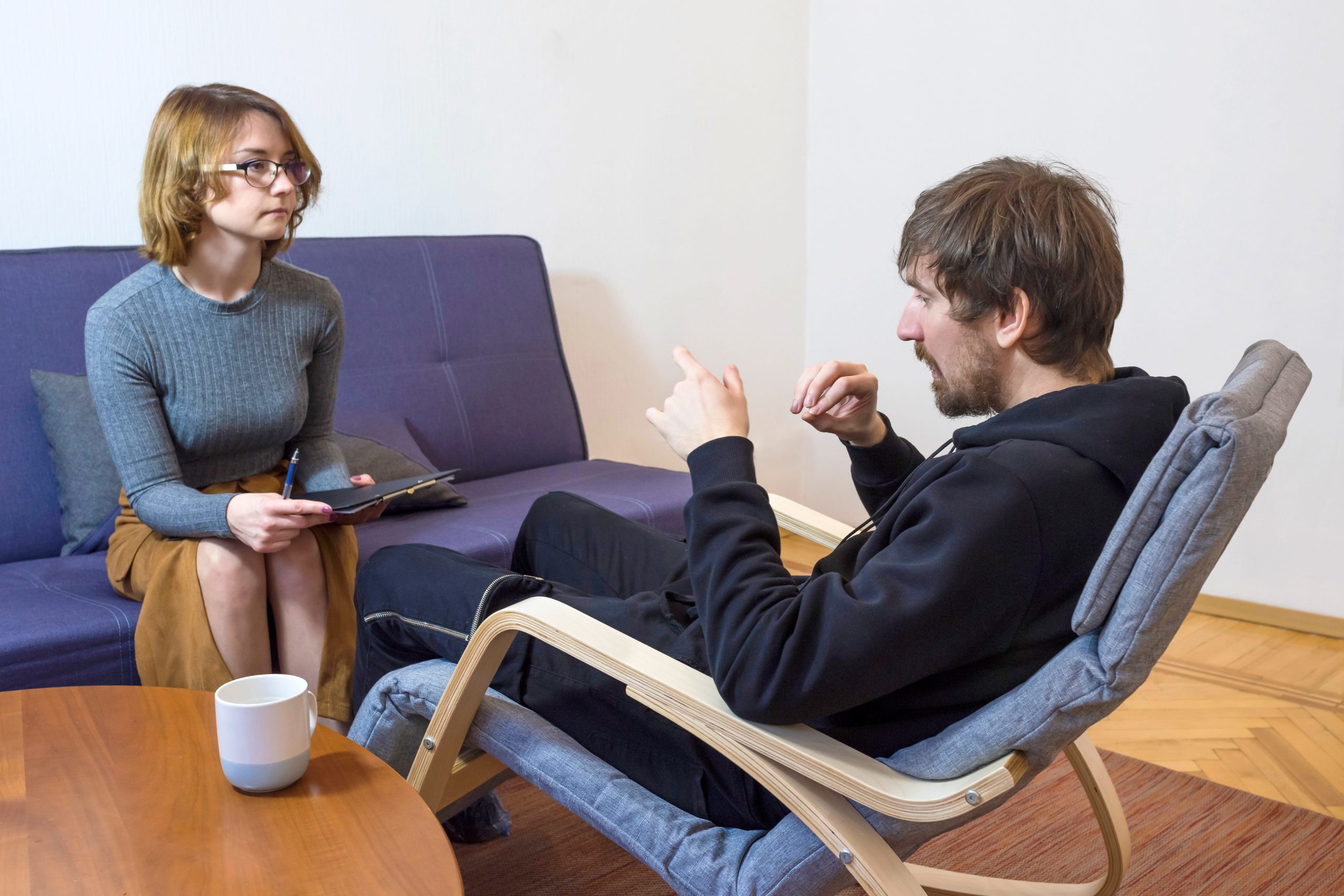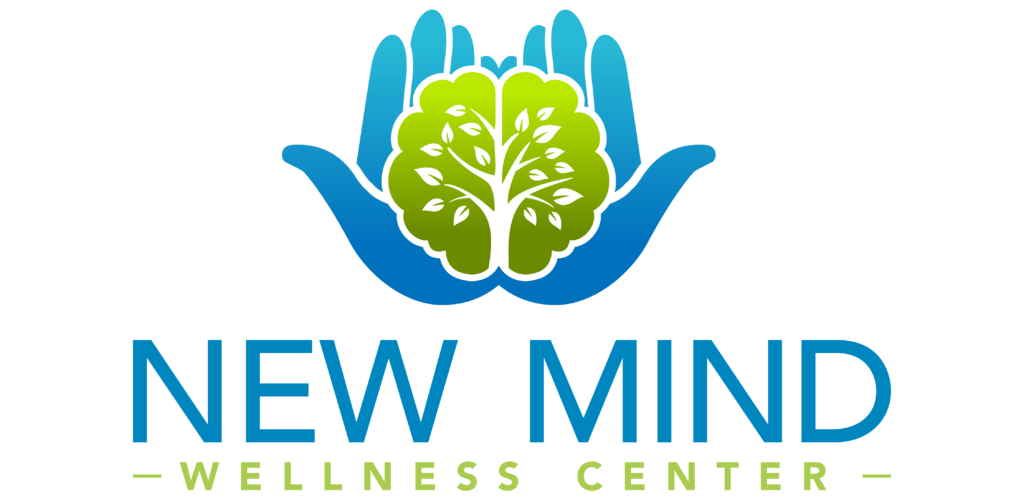
Childhood Trauma and Adult Mental Health
Abuse, neglect, and other forms of trauma can have a profound psychological impact on young people. But the negative effects of these types of experiences don’t end when a person ages out of adolescence. Researchers have established a strong connection between childhood trauma and adult mental health.
To learn more about Mental Health Treatment options at New Mind Wellness, call us today or verify your insurance online. We’re excited to help you start your personal recovery journey.
What Is Childhood Trauma?
To appreciate the relationship between childhood trauma and adult mental health, it’s important to understand what types of events and experiences can traumatize young people.
From a mental health perspective, trauma refers to the psychological impact of experiencing or witnessing particularly horrifying events. The common characteristic that unites many of these types of events – such as violent crimes, acts of terrorism, military combat, and serious illnesses – is that they cause people to fear for their own lives or the lives of others.
Trauma can occur to anyone at any age. But when discussing traumatic experiences involving children and adolescents ages 17 and under, experts typically use the term adverse childhood experiences (ACEs).
In addition to life-threatening occurrences, the category of ACEs also includes experiences that can undermine a young person’s sense of safety and security. Examples of ACEs include:
- Physical, sexual, or emotional abuse
- Parental neglect
- Violence within the home
- Substance abuse in the home
- Exposure to violence within the community
- Bullying, racism, and other forms of harassment
- Significant financial hardships
- Family instability due to death, divorce/separation, or incarceration
- Being raised by a parent or other caregiver with a severe mental health disorder
How Childhood Trauma Affects Children
Childhood trauma is unfortunately common in the United States. An analysis of 10 years’ worth of data from the Behavioral Risk Factor Surveillance System (BRFSS) revealed the following about the prevalence of ACES among U.S. adults:
- 63.9% of adults experienced at least one ACE
- 23.5% had a history of two or three ACEs
- 17.3% reported enduring four or more ACEs
- Women (19.2%) were more likely than men (15.2%) to report four or more ACEs
- The most frequently reported ACE (34%) was emotional abuse
The immediate effects of childhood trauma can include:
- Delayed brain development
- Cognitive and functional limitations
- Impaired immune functioning
- Impulsivity
- Aggressiveness
- Dissociation
- Inattention and overactivity
- Falling behind in school
- Poor emotion regulation
- Problematic relationships with peers
Children who have been abused, neglected, or otherwise traumatized also have an increased risk of mental health problems such as:
- Anxiety
- Depression
- Oppositional defiant disorder (ODD)
- Attachment disorders
- Conduct disorder
- PTSD
- Personality disorder

The Link Between Childhood Trauma and Adult Mental Health
Having a history of ACEs can increase a person’s risk of several mental and behavioral health disorders in adulthood. Studies have found associations between childhood trauma and adult mental health concerns such as:
- PTSD
- Anxiety
- Depression
- Bipolar disorder
- Obsessive-compulsive disorder (OCD)
- Borderline personality disorder (BPD)
- Schizophrenia
- Eating disorders
- Substance use disorders (addictions)
Even if a person hasn’t been diagnosed with one of the disorders listed above, that doesn’t meant there’s no connection between their childhood trauma and their mental health as an adult. For example, living with untreated childhood trauma can contribute to problems such as:
- Lack of self-confidence
- Low self-esteem
- Poor stress-management and conflict-resolution skills
- Difficulties maintaining healthy relationships
- Codependency
- High-risk behaviors such as substance abuse and unsafe sex
- Criminal behaviors
- Self-harm and suicide
How to Heal From Childhood Trauma
If you suspect that untreated trauma from childhood has contributed to your mental health struggles in adulthood, a good first step would be to consult with your doctor or schedule an assessment with a reputable treatment provider in your area.
Depending on how you have been affected by your experiences as a child, an effective comprehensive treatment plan may include elements such as:
- Prescription medications to alleviate certain symptoms
- Cognitive behavioral therapy (CBT), a goal-focused approach that can help you identify maladaptive thought and behavior patterns, then replace them with healthier ways of coping with stress, solving problems, and thinking about yourself and the world around you.
- Dialectical behavior therapy (DBT), which focuses on skills development in the areas of mindfulness, distress tolerance, emotion regulation, and interpersonal effectiveness
- Eye movement desensitization and reprocessing (EMDR) therapy, which can help you eliminate the emotional distress that you experience when recalling specific traumatic memories
- Holistic therapies such as yoga, meditation, Reiki, which can help you manage stress, improve emotional resilience, enhance your overall psychological well-being.
It’s important to remember that single medication, therapy, or course of care is ideal for everyone. Instead, you should focus on finding a provider who will assess the full scope of your needs, then select the programs and services that best align with your unique circumstances.
Find Help for the Effects of Childhood Trauma in Philadelphia
New Mind Wellness is a trusted provider of personalized care for adults whose lives have been negatively affected by untreated childhood trauma.
When you choose our outpatient mental health treatment center in Philadelphia, PA, you will have the opportunity to work in close collaboration with a team of highly skilled and compassionate professionals.
We understand the complex relationship between childhood trauma and adult mental health, and we are committed to developing the customized solutions that can help you experience true healing in mind, body, and spirit.
To learn more about how we can help you or someone that you care about, or to schedule a free consultation, please visit our Admissions page or call us today.





